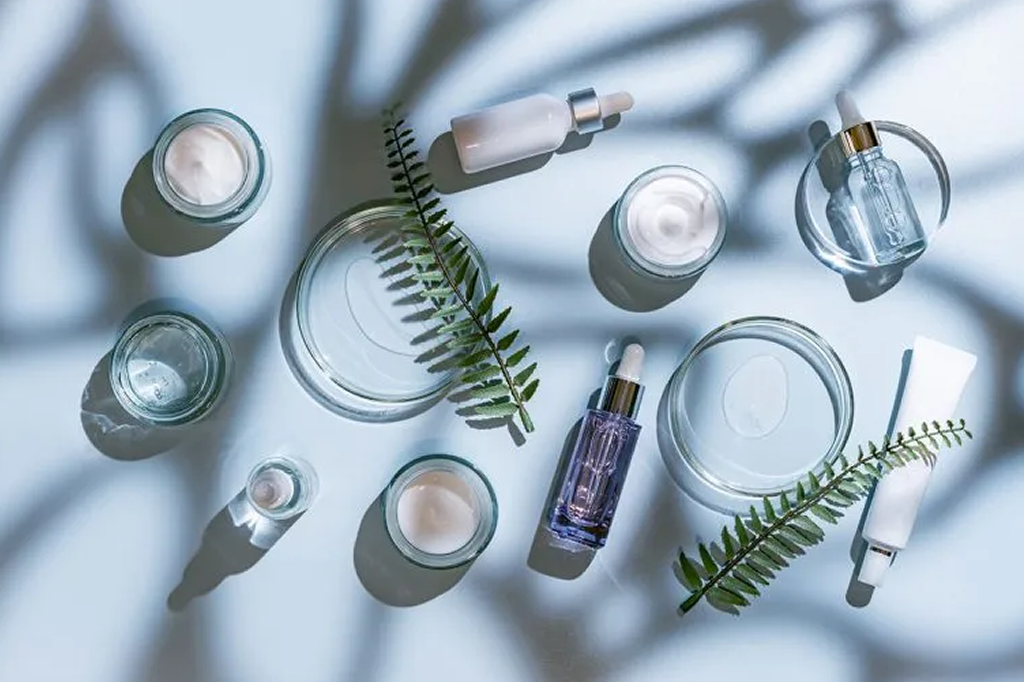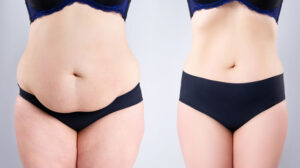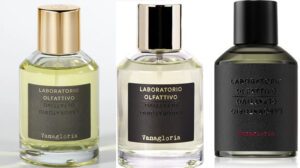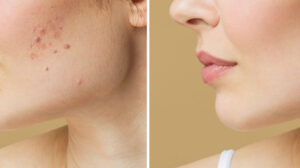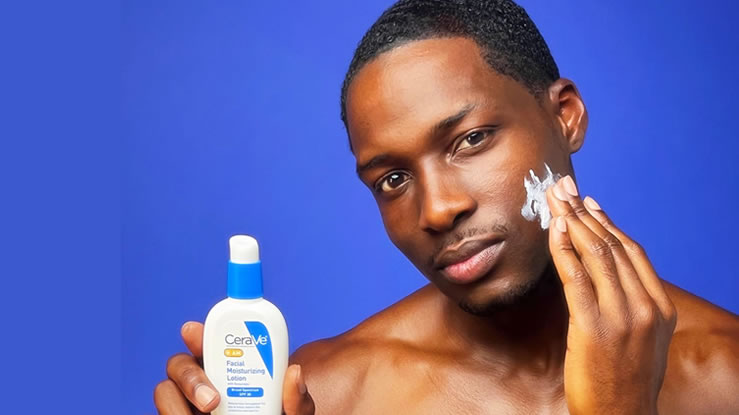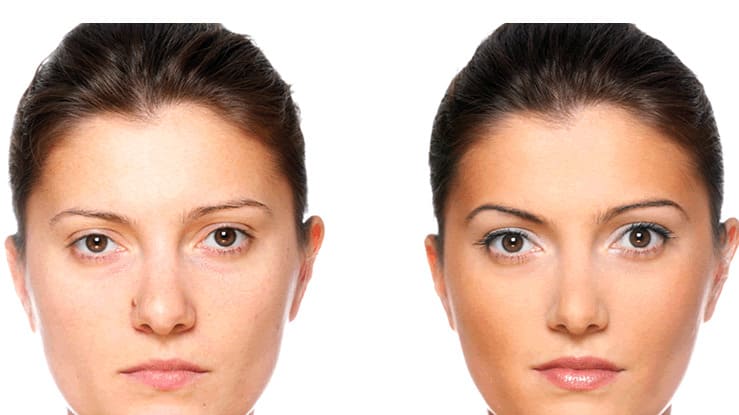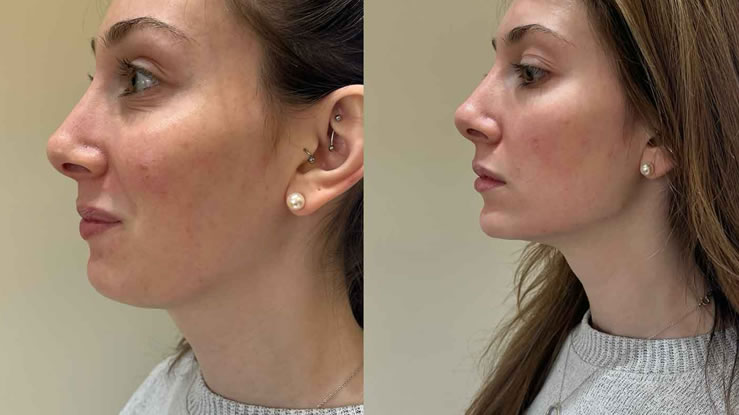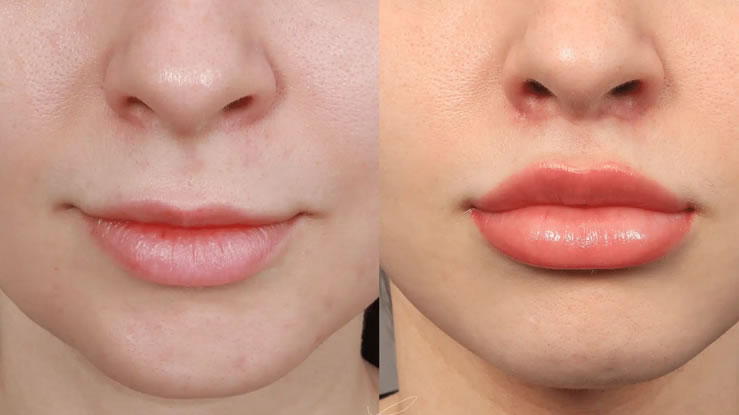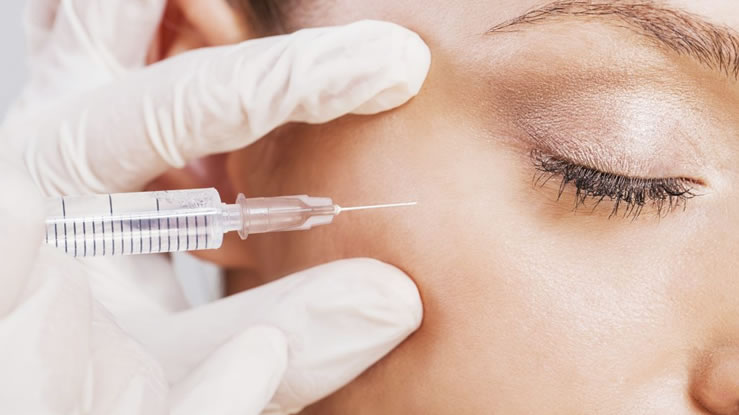Two powerhouse ingredients hyaluronic acid and peptides often dominate conversations about achieving youthful, healthy skin. But which one is better? While both ingredients offer significant benefits, they serve different functions in your skincare routine. Let’s break down the differences between hyaluronic acid and peptides to help you decide which one is right for your skin.
What Is Hyaluronic Acid?
Hyaluronic acid is a naturally occurring substance in the skin that has the incredible ability to retain moisture. In fact, it can hold up to 1,000 times its weight in water. As we age, our skin’s natural levels of hyaluronic acid decrease, leading to dryness, fine lines, and a lack of firmness. That’s why hyaluronic acid is a key ingredient in many moisturizing products, such as serums and creams.
Benefits of Hyaluronic Acid:
- Deep Hydration: Hyaluronic acid is a hydration powerhouse. It pulls moisture from the environment and locks it into your skin, giving you a plumper, more hydrated appearance.
- Smooths Fine Lines: By keeping your skin hydrated, hyaluronic acid can help reduce the appearance of fine lines and wrinkles caused by dryness.
- Boosts Skin Elasticity: Hydrated skin is more elastic, and hyaluronic acid helps maintain that youthful “bounce.”
What Are Peptides?
Peptides, on the other hand, are short chains of amino acids that serve as the building blocks for proteins like collagen and elastin, which are crucial for maintaining the skin’s structure and firmness. As collagen production decreases with age, peptides step in to signal the skin to produce more, helping to firm, smooth, and repair the skin.
Benefits of Peptides:
- Boosts Collagen Production: Peptides stimulate the production of collagen, which helps keep the skin firm, smooth, and youthful.
- Strengthens the Skin Barrier: Peptides help repair and strengthen the skin’s barrier, protecting it from environmental damage and preventing moisture loss.
- Reduces Wrinkles: Over time, the boost in collagen production from peptides helps reduce the appearance of fine lines and wrinkles.
- Improves Skin Texture: Peptides promote smoother, firmer skin, improving texture and overall appearance.
Key Differences Between Hyaluronic Acid and Peptides
- Function: Hyaluronic acid is primarily a hydrating agent, while peptides are known for stimulating collagen production and improving the skin’s structure.
- Moisture vs. Repair: If your main concern is hydration, hyaluronic acid is your go-to ingredient. However, if you’re looking to firm, repair, and reduce wrinkles, peptides are the better choice.
- Immediate vs. Long-Term Results: Hyaluronic acid delivers immediate hydration, leaving your skin plumper right after application. Peptides, on the other hand, offer long-term anti-aging benefits, as they work to rebuild collagen over time.
Which Should You Choose?
Hyaluronic Acid is best for:
- People with dry or dehydrated skin who need an immediate moisture boost.
- Anyone looking for a quick way to plump their skin and reduce the appearance of fine lines caused by dryness.
- Those who want to maintain their skin’s hydration levels and protect the skin barrier.
Peptides are best for:
- Individuals with aging skin who are concerned about fine lines, wrinkles, and loss of firmness.
- People looking to prevent collagen breakdown and promote healthier, more youthful skin over time.
- Those who want to improve their overall skin texture and elasticity.
Can You Use Both?
The good news is, you don’t have to choose between hyaluronic acid and peptides. In fact, they can be used together for even better results. Many skincare products combine both ingredients to provide deep hydration and long-term anti-aging benefits. Start your routine with a hyaluronic acid serum to lock in moisture, followed by a peptide-based cream to stimulate collagen production.
When it comes to hyaluronic acid vs. peptides, there’s no definitive winner—it all depends on your skin’s needs. If hydration is your primary concern, hyaluronic acid is a must-have. If you’re looking to firm your skin and reduce the appearance of wrinkles over time, peptides are the better choice. Ideally, incorporating both ingredients into your skincare routine will give you the best of both worlds—hydrated, plump, and youthful skin.

